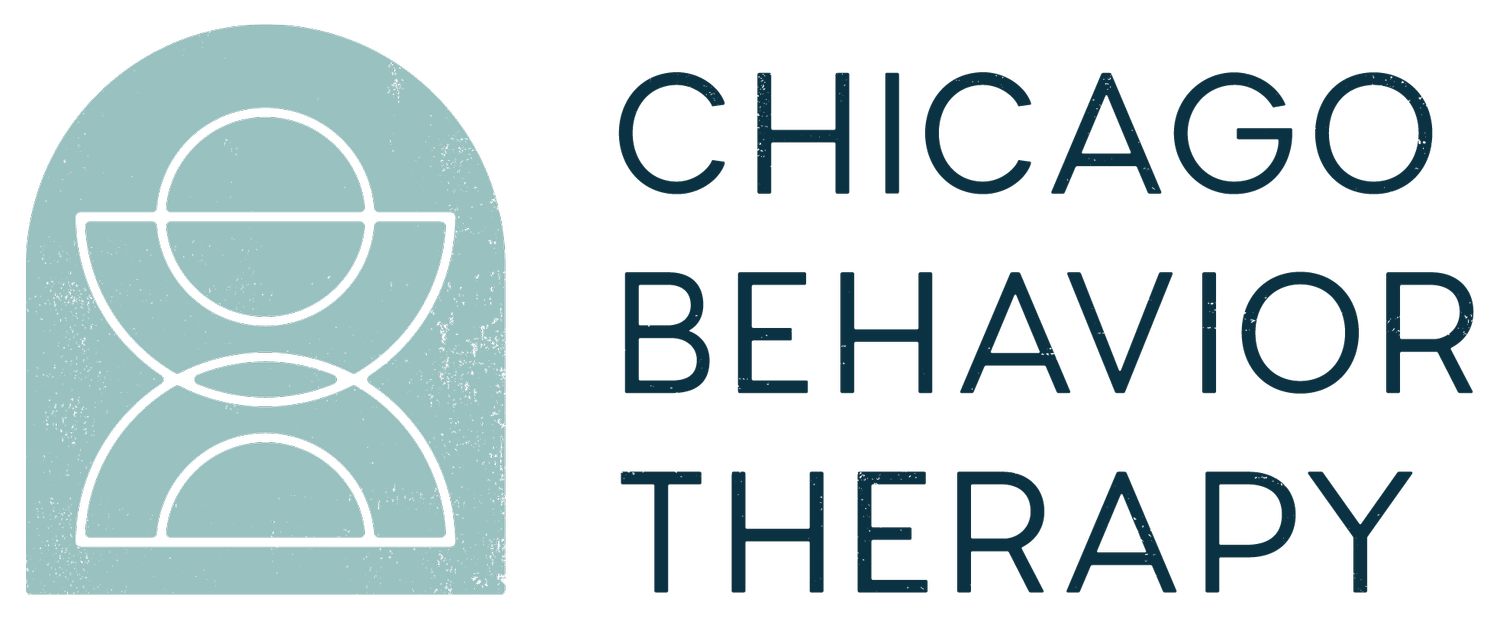Understanding Acceptance and Commitment Therapy in Cognitive-Behavioral Framework
What is Acceptance and Commitment Therapy (ACT)?
Acceptance and Commitment Therapy (ACT) is a form of cognitive-behavioral therapy that encourages individuals to accept their thoughts and feelings rather than engage in attempts to avoid or control them. This approach to therapy is different than other models aimed at symptom reduction; rather the therapy focuses on helping individuals commit to making positive changes in their behavior, guided by values. ACT emphasizes mindfulness and acceptance, teaching individuals to be present in the moment and to direct their actions towards what truly matters.
The foundations of cognitive-behavioral therapy
Cognitive-behavioral therapy (CBT) is a widely used form of psychotherapy that focuses on helping individuals recognize and change negative thought patterns and behaviors. Here are some key features of CBT:
CBT is based on the idea that our thoughts, feelings, and behaviors are interconnected.
It is structured and goal-oriented, with a focus on solving current problems.
CBT emphasizes the importance of identifying and challenging negative thought patterns to change emotional responses and behaviors.
The therapist and the client work together to develop specific strategies to address the client's individual needs and goals.
CBT is typically time-limited, with most treatments lasting for 6-20 sessions.
Understanding the foundations of CBT can provide valuable insights into its approach and effectiveness in treating various mental health issues.
The role of acceptance in ACT
Acceptance plays a crucial role in Acceptance and Commitment Therapy (ACT). It involves acknowledging and embracing your thoughts and emotions, even those that are uncomfortable or distressing. Instead of trying to avoid or control them, acceptance encourages you to make room for them in your life. This process helps you to become more present, open, and flexible in dealing with your inner experiences. Acceptance is an essential component of ACT, as it empowers individuals to live a meaningful life aligned with their values, despite the challenges they may encounter.
Key principles of ACT in the cognitive-behavioral framework
ACT emphasizes the importance of accepting one's thoughts and emotions rather than struggling to control or eliminate them. It also focuses on commitment to taking action in alignment with one's values, even in the presence of uncomfortable thoughts and feelings. This approach encourages individuals to be more mindful and present in their experiences, and to foster psychological flexibility.
Techniques and exercises used in ACT
In ACT, therapists use a variety of techniques and exercises to help clients. Some of these include Mindfulness which involves focusing on the present moment without judgment, Values clarification to help clients identify what they truly care about, and Committed action where clients take steps towards living a meaningful life based on their values. Other exercises can include Cognitive Defusion to help clients distance themselves from unhelpful thoughts, and Self-as-context to promote a sense of self-awareness and perspective-taking. These exercises aim to help clients develop psychological flexibility and achieve a rich and meaningful life.
Applying ACT in real-life situations
ACT can be applied in various real-life situations to help individuals improve their psychological well-being and overall quality of life. Here’s how you can apply ACT:
Mindfulness: Practice being present in the moment, acknowledging and accepting your thoughts and emotions without judgment.
Values clarification: Identify your core values and use them as a compass to guide your behaviors and decisions.
Setting goals: Set meaningful and achievable goals that align with your values and take committed actions to achieve them.
By integrating these aspects of ACT into your daily life, you can develop greater psychological flexibility and resilience, leading to a more fulfilling and meaningful existence.
Integrating ACT with traditional cognitive-behavioral therapy
ACT can be combined with traditional cognitive-behavioral therapy to enhance treatment outcomes. This integration aims to incorporate mindfulness and acceptance-based techniques into the cognitive-behavioral framework. By integrating ACT, individuals can develop a greater understanding of their thoughts and feelings while learning to respond more effectively in challenging situations. This combined approach can help individuals to become more flexible, open, and committed to their values and goals.
Effectiveness of ACT in treating mental health disorders
Research shows that Acceptance and Commitment Therapy (ACT) has been effective in treating various mental health disorders. Studies have demonstrated that ACT can help individuals with anxiety, depression, PTSD, OCD, and substance abuse. It has also been shown to be effective in managing chronic pain and improving overall mental well-being. ACT focuses on helping individuals accept their thoughts and feelings, commit to making changes, and take action in line with their values. The therapy has shown promising results in reducing symptoms and improving overall quality of life for many individuals struggling with mental health issues.
Conclusion and key takeaways
In conclusion, Acceptance and Commitment Therapy (ACT) offers a unique approach to addressing psychological distress and promoting well-being within the cognitive-behavioral framework. The key takeaways from understanding ACT include:
Emphasizing the acceptance of difficult thoughts and feelings
Encouraging mindfulness and present moment awareness
Promoting the value-driven behavior and commitment to action
Acknowledging that psychological flexibility is essential for mental health
Recognizing the role of language and cognition in shaping our experience and behavior

